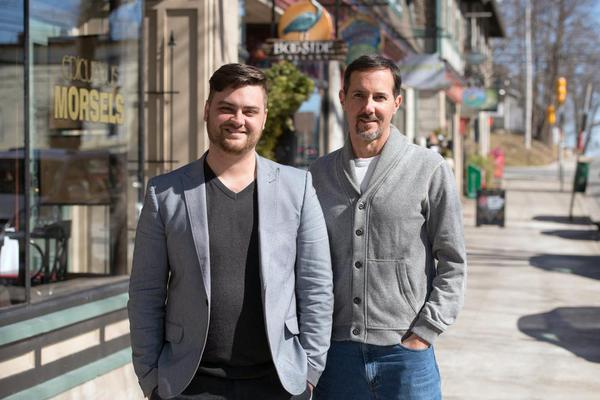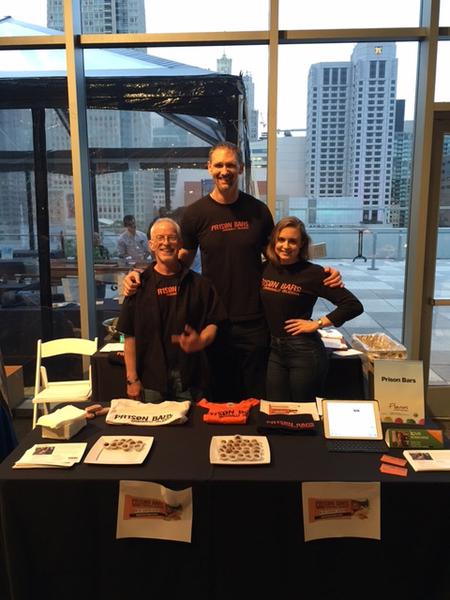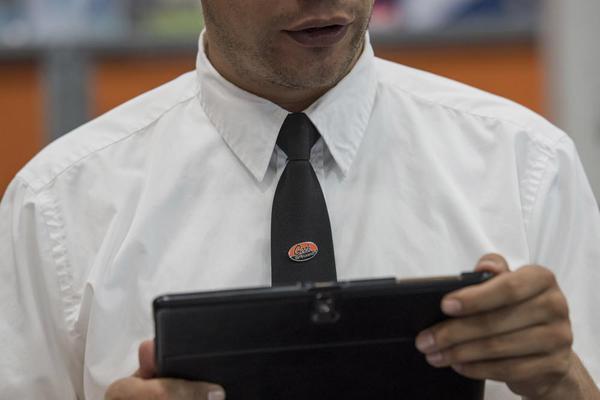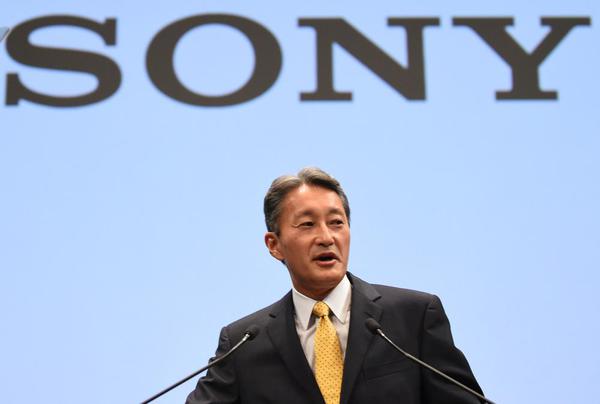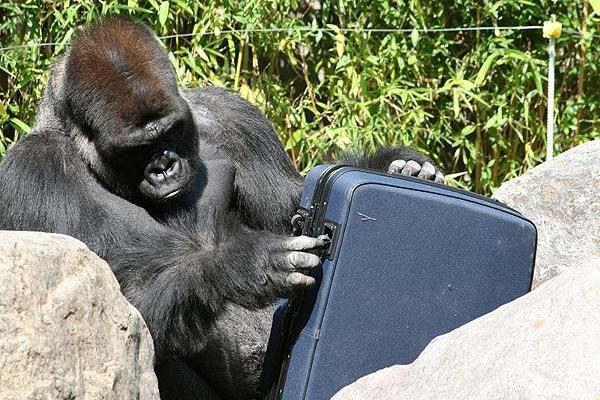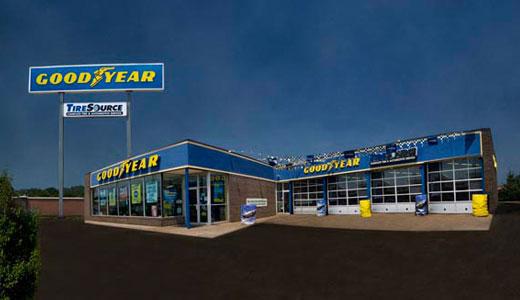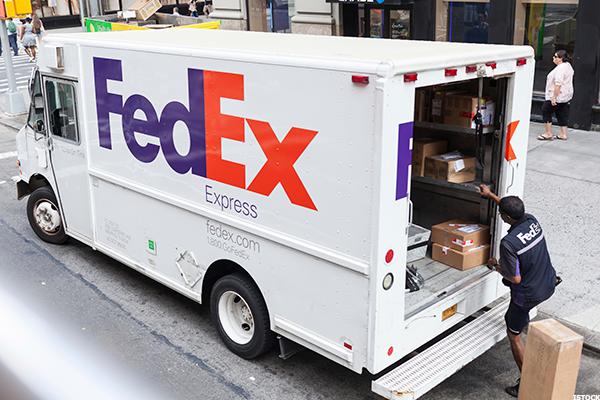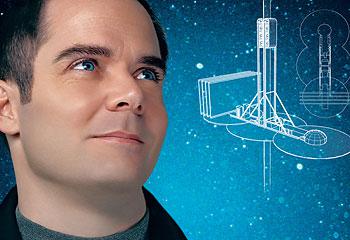
Top finance execs often self-sabotage their success. A coach to top CFOs explains how to avoid it
In these uncertain times, CFOs and other corporate leaders are increasingly turning to Edith Hamilton and her peers in the $14 billion executive-coaching industry. Last year, more than 70% of organizations offered some form of leadership coaching. After all, it’s easy for CFO’s to feel overwhelmed these days. Inflation and business automation present new challenges. CFO tenures are shorter, and turnover rates are higher.


